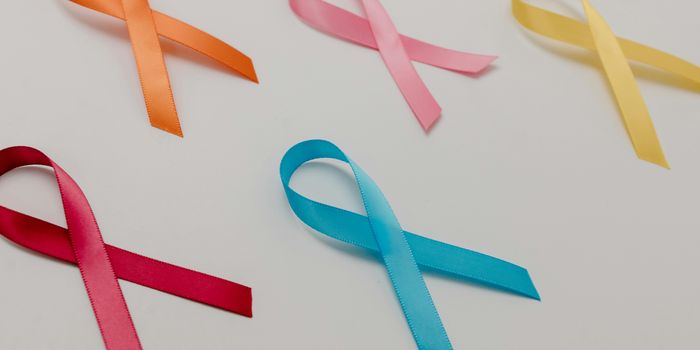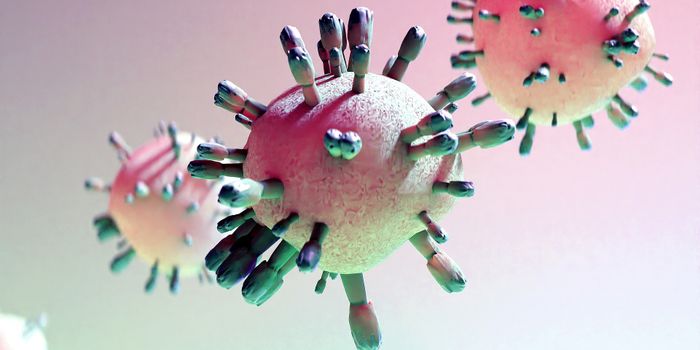New Study Highlights Mammogram and Overdiagnosis
Mammography is credited for saving the lives of many women with breast cancer. Yet, while this tool is regarded as indispensible for the early detection of breast cancer, a new study found that about one-third of women for whom a mammogram turned up positive don’t actually need treatment. The study reignites the debate over whether screening actually helps or hurts patients in the end.

Overdiagnosis occurs when a diagnosis turns into more invasive testing and treatments that may not necessarily be needed in the first place. In the case of breast cancer, a positive mammogram would lead to tissue biopsies and follow-up testings. Some women may then also be treated with chemotherapy or radiation.
"By treating all the cancers that we see, we are clearly saving some lives," said Otis Brawley, chief medical officer of the American Cancer Society who was not involved in the Denmark study. "But we're also 'curing' some women who don't need to be cured." Brawley is referring to a subset of women with very slow-growing cancer that they may be considered almost benign.
For years, doctors and health experts have been singing the praises of cancer screening and advocating for early detection. And although medical societies, such as the American College of Radiology, acknowledge the potential for overdiagnosis with mammography, how well is this information actually communicated to patients?
Not well enough, according to Fran Visco, president of the National Breast Cancer Coalition. "Women have been inundated with the early detection message for decades," said Visco. But the other side of screening – the risks of overdiagnosis – is often obscured behind the benefits.
On the other hand, mammography remains a crucial step in saving lives. Without this technology, many women with invasive and lethal breast cancer may not be treated in time. Furthermore, mammograms only hint at a small part of the larger cancer picture. Doctors can’t determine with certainty which tumor type will be aggressive, and which type will be slow-growing. And by recommending treatment, no one can fault doctors for erring on the side of caution in their patient’s best interest.
But for now, how health professionals synthesize knowledge to make a diagnosis and recommend a treatment plan for their patients remains a fine balancing act.
Additional sources: CNN








